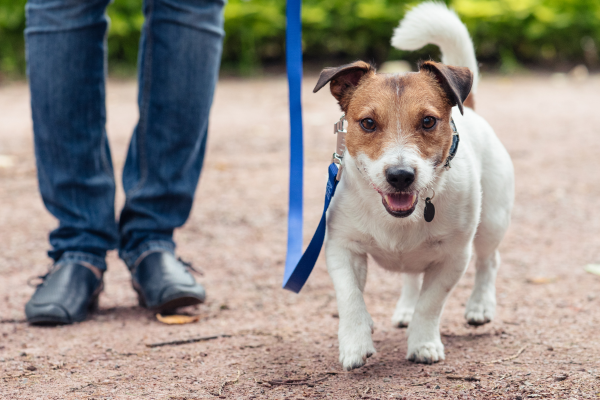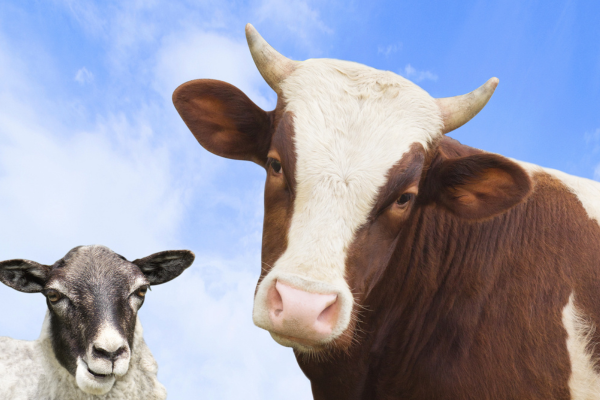
Researchers are looking for participants for a study in separation anxiety in dogs.
A Dogs Trust study involving two departments at the University of Bristol will investigate how dogs respond to pheromones when left alone and whether they can help improve separation anxiety in dogs.
The increase in owners forced to stay at home during the COVID-19 pandemic is thought to have exacerbated problems in separation anxiety, with some animals going on to display unwanted and sometimes destructive behaviours.
In-house observations
Participants in the research study, which is being led by Bristol Veterinary School, and the School of Physiology, Pharmacology and Neuroscience, would have a diffuser-type device in their home for up to eight weeks. A researcher will visit every fortnight to carry out in-house observations.
To be eligible, dogs and owners should meet the following criteria:
- Dog must be above the age of 18 months and live in a single-dog household.
- Dog owner should be able and willing to leave their dog alone in one room in the house for a 20-minute separation test, and live in a home environment without the presence of any calming pheromones or supplements.
- Owners must have owned their dog for more than a year, and it must be clinically healthy and not receiving pharmacological treatment with psychoactive drugs.
- Female dogs must not be in season or pregnant.
Stressful
Ilana Kelland – specialist technician in the School of Physiology, Pharmacology and Neuroscience, who is leading the study – said: “Some dogs can find being left on their own an overwhelming and stressful experience.
“Our study is hoping to find out if the pheromone diffuser being used in a home environment can ease separation anxiety in dogs.”
‘Great opportunity’
Stephanie Miller – who is participating in the study with her dog, Cyril – said: “I jumped at the chance to take part in the study as Cyril has had separation anxiety since he was a puppy. Although I have tried lots of things to help him, he can’t be left alone as he gets very distressed.
“The researchers have clearly explained every step of the study and we’ve enjoyed taking part in the research project. It’s also a great opportunity to be involved in research that could potentially help other dogs and their owners, too.”
Vets with owners who may be interested in the study can direct them to email Ilana Kelland.
Credit to: Bristol research study to probe separation anxiety in dogs (Vet Times)
Vet Times. (2023). Bristol research study to probe separation anxiety in dogs [online]
Available at: https://www.vettimes.co.uk/news/bristol-research-study-to-probe-separation-anxiety-in-dogs/






